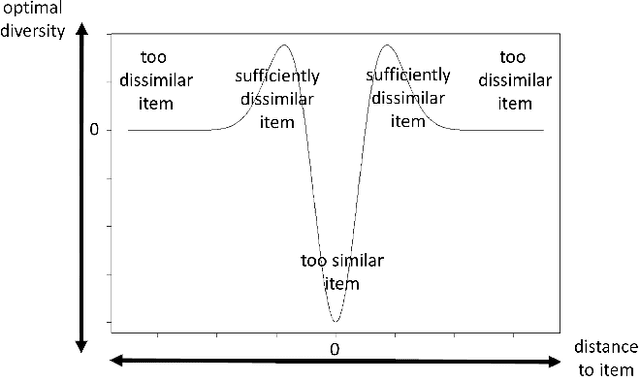A Methodology for Ethics-by-Design AI Systems: Dealing with Human Value Conflicts
Paper and Code
Oct 15, 2020



The introduction of artificial intelligence into activities traditionally carried out by human beings produces brutal changes. This is not without consequences for human values. This paper is about designing and implementing models of ethical behaviors in AI-based systems, and more specifically it presents a methodology for designing systems that take ethical aspects into account at an early stage while finding an innovative solution to prevent human values from being affected. Two case studies where AI-based innovations complement economic and social proposals with this methodology are presented: one in the field of culture and operated by a private company, the other in the field of scientific research and supported by a state organization.
 Add to Chrome
Add to Chrome Add to Firefox
Add to Firefox Add to Edge
Add to Edge